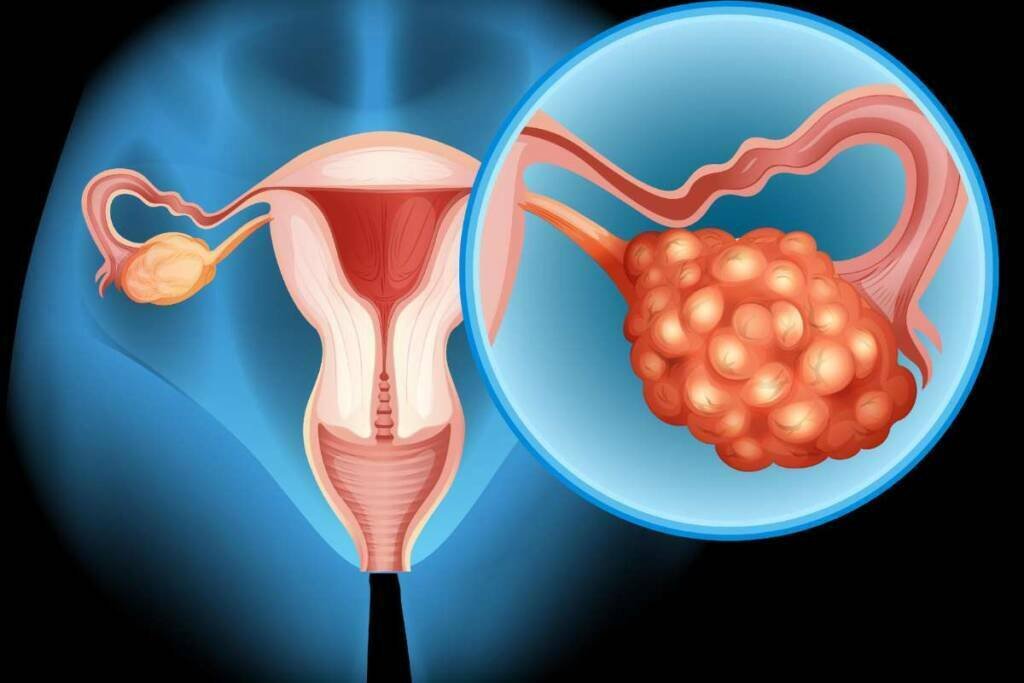Source – Mersana Therapeutics
According to Mersana Therapeutics, the antibody-drug conjugate (ADC) upifitamab rilsodotin (UpRi; XMT-1536) did not achieve its primary objective of investigator-assessed objective response rate (ORR) in patients with ovarian cancer.
In the Phase Ib/II UPLIFT trial (NCT03319628), which included 141 patients with NaPi2b-positive ovarian cancer, only 22 patients responded to UpRi, resulting in an investigator-assessed ORR of 15.6% (95% CI, 10.0%-22.7%). The median duration of response (DOR) for this subgroup was 7.4 months.
“We are deeply disappointed that UPLIFT’s efficacy failed to replicate previous data from approximately 100 patients in the dose expansion portion of our Phase Ib clinical trial. While the duration of response was longer than that from the dose expansion portion of UpRi’s Phase Ib clinical trial, the lower bound of the confidence interval for the primary end point did not meet our goal of excluding a 12% ORR seen with standard-of-care single-agent chemotherapy.”
– Arvin Yang, MD, PhD, senior vice president and chief medical officer of Mersana Therapeutics
UpRi is an innovative ADC that targets the sodium-dependent phosphate transport protein NaPi2b. During the dose expansion Phase Ib portion of the trial, 34% (13/38) of NaPi2b-positive patients responded to UpRi, including 2 complete responses (CRs). The DOR for this subgroup was 5 months. In the overall evaluable population of the dose expansion cohort, the confirmed ORR was 23%, and the disease control rate was 72%.
The UPLIFT trial enrolled a total of 268 patients as of the data cutoff on May 31, 2023, with 141 of them classified as NaPi2b-positive. These patients had platinum-resistant ovarian cancer and had previously undergone a median of 3 prior lines of therapy, with some having received 4 prior lines, including treatments such as bevacizumab (Avastin) and PARP inhibitors. The patients received UpRi at a dose of 36 mg/m2 up to a maximum of approximately 80 mg every 4 weeks. The primary endpoint was the investigator-assessed ORR in the NaPi2b-positive patients, while secondary endpoints included investigator-assessed ORR in all patients, ORR by independent radiological review (IRR), DOR, and safety.
In the NaPi2b-positive patients, the investigator assessment reported 20 partial responses (PRs) (14.2%) and 2 CRs (1.4%), while the IRR assessment reported 16 PRs (11.3%) and 7 CRs (5.0%) for an ORR of 16.3% (95% CI, 10.6%-23.5%). The DOR was not reached according to the IRR.
In the total population of 268 patients, the investigator-assessed ORR was 13.1%, with 32 PRs (11.9%) and 3 CRs (1.1%), and the DOR was 7.4 months. The IRR-assessed ORR was 13.1%, including 24 PRs (9.0%) and 11 CRs (4.1%), with a DOR of 10.7 months.
The safety and tolerability data of UpRi were consistent with prior reporting. The most common adverse events (AEs) during the dose expansion portion were fatigue, nausea, transient AST (aspartate aminotransferase) increase, thrombocytopenia, and decreased appetite. The most common grade 3 or higher AEs were transient AST increase, fatigue, anemia, and thrombocytopenia. Dose reductions were required in 28% of patients, and discontinuations in 10% in the dose expansion portion.
UpRi is also being studied in combination with carboplatin in high-grade serous ovarian cancer patients in the Phase I UPGRADE trial (NCT04907968) and as maintenance therapy in patients with platinum-sensitive recurrent ovarian cancer compared with placebo in the Phase III randomized UP-NEXT trial (NCT05329545).
“We are in the process of conducting an in-depth analysis of various factors to better understand the results as well as the characteristics of patients who responded to UpRi therapy, particularly those whose responses were deep and durable. We extend our deepest gratitude to all of the patients, family members, caregivers and investigators who contributed to UPLIFT.”
– Arvin Yang, MD, PhD, senior vice president and chief medical officer of Mersana Therapeutics





























